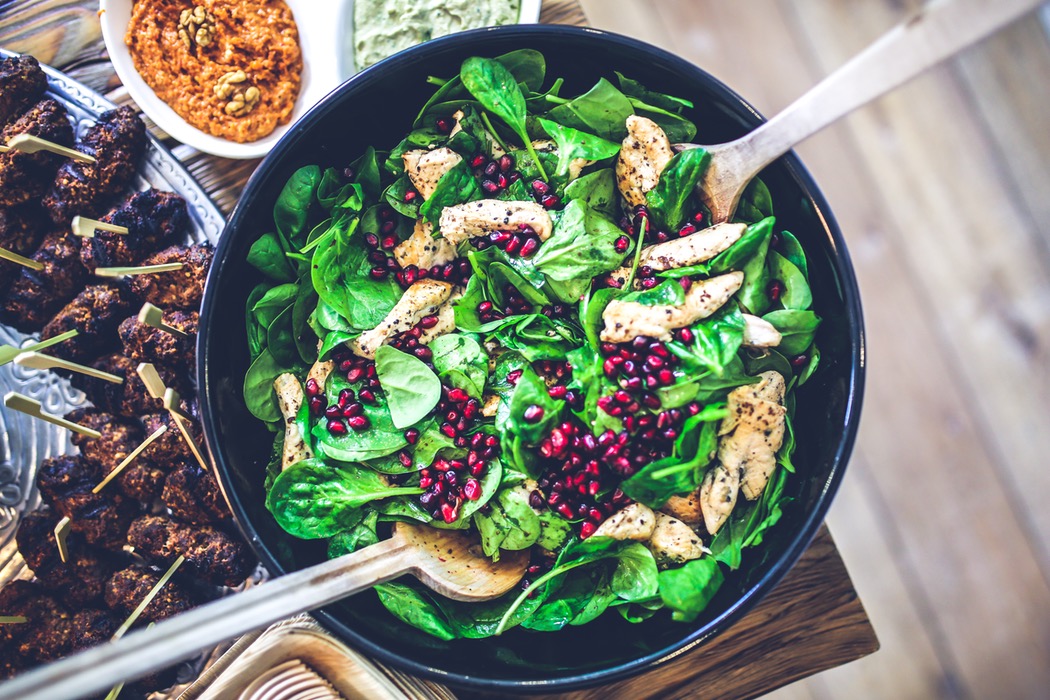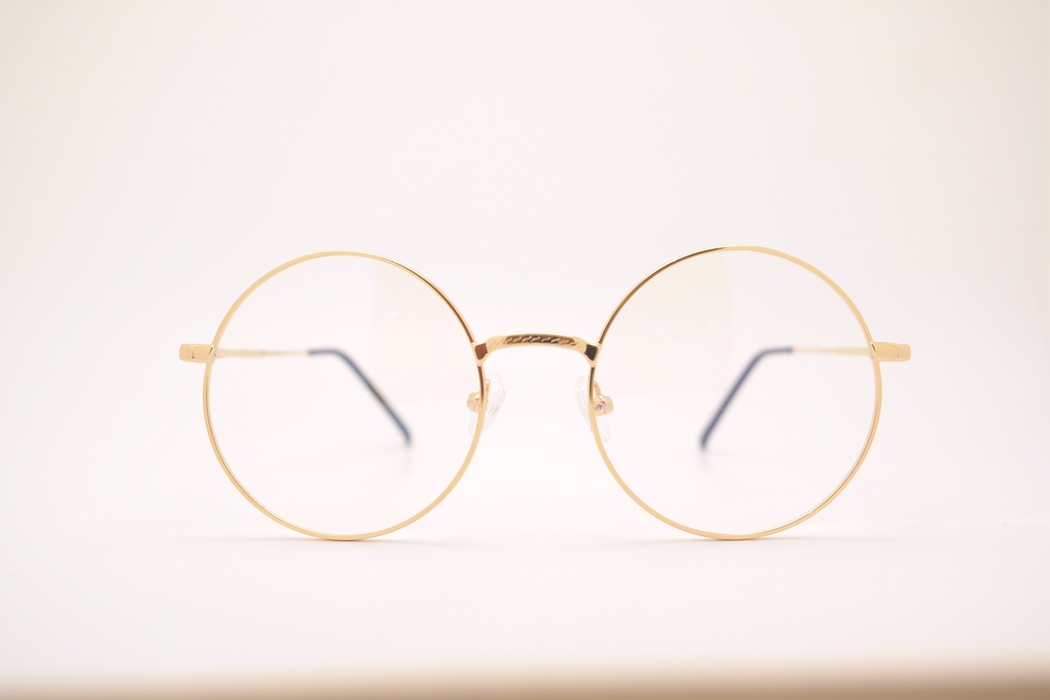When it comes to looking after your eyesight, maintaining a healthy diet is essential. There are a huge number of food items that will naturally improve your vision.
Including them in a balanced diet can add a significant positive effect to eye health. As you get older, your sight will gradually deteriorate and worsen, but, by adjusting your diet to include certain foods known to benefit your eyes, you can help to slow the progression of this deterioration.
We’ll be looking at several foods and what they can each do to greatly increase your chances of preserving a strong level of vision as you age.
So, what kind of foods do you need to start eating? Let’s take a look at some of the most beneficial.
Leafy Greens
Leafy greens are packed full of nutrients that can help ward off age-related eye degeneration.
Some of the best examples are spinach, kale, collards and other dark-shaded greens. The reason these types of veggies are so good for your eyes is due to them containing antioxidants such as lutein and zeaxanthin as well as beta-carotene and vitamin C.
The combination of these ingredients act as protection from harmful UV rays and work in the same way as sunscreen, helping to block out the damage UV rays could otherwise cause.
Why not try adding them to various meals as a side salad for a delicious way of staying healthy and looking after your eyes?
Eggs
Who doesn’t love eggs for breakfast?
These protein-packed provisions are rich in nutrients that can help maintain healthy eyes.
Egg yolk has high concentrations of lutein, zeaxanthin and zinc, which can help reduce your chances of age-related sight degeneration. Eggs also contain vitamin E and omega 3 that can also help reduce your risk of macular degeneration.
The macula is a part of the retina that is responsible for all of your central vision. By taking steps to reduce risk of degeneration, you can help prevent these conditions occurring later on in life.
Whole Grains & Seeds
Whole grains and seeds are a perfect way to enjoy a healthy breakfast while also looking after your eye health.
Whole grains such as corn, rice, wheat and quinoa contain both zinc and lutein that, as we’ve previously mentioned, can support overall eye health as well as protecting from damage caused by UV rays.
Seeds such as almonds also contain vitamin E, which protects from macular degeneration. Studies have also shown that roughly one ounce of almonds can provide around half of your daily recommended allowance of vitamin E.
Chia seeds are an equally great way of adding an extra dose of omega 3s, calcium and various antioxidants into your diet. They contain a higher level of calcium than a glass of milk and boast a wide variety of antioxidants.
Fish
Fish containing fatty acids such as DHA, which is found in your retina, can also help promote and maintain healthy eyes.
Trout, salmon, mackerel, anchovies and tuna all contain DHA and could be easily added into your diet for a delicious way to help stay on top of your eye health. Studies have shown that low levels of DHA have been linked to dry eye syndrome and other eye conditions.
Omega 3 fatty acids are known for making the tiny blood vessels in the eyes stronger and healthier. Essential fatty acids are also known to help assist the flow of intra-ocular fluid to the eyes. As we can see, fish containing these fatty acids would be a fantastic addition to the diet of anyone looking to improve the health of their eyes.
Colourful Vegetables
There are a lot of colourful vegetables that contain vitamins and minerals beneficial to the eyes.
Corn and pumpkin are two great sources of vitamins A and C, while carrots and sweet potatoes both contain beta-carotene, which also helps produce their orange colouring. The great thing about finding foods for maintaining your eye health is how many delicious options there are. Colourful veggies offer a wide selection of produce with all the good stuff your eyes need.
Broccoli, for example, is packed full of vitamin C and beta-carotene as well as lutein and zeaxanthin. A single cup of bell peppers can provide the entirety of your recommended daily dose of vitamins A and C. When choosing ingredients for meals, the more colourful your food, the better.
As we’ve seen, eating healthier for your eyes doesn’t mean having to sacrifice your favourite foods. The vast number of foods that contain ingredients beneficial in helping you maintain good eye health are mouth-watering and recipe options are practically unlimited.
Furthermore, eating is but one of many steps anyone can take to help improve their eyesight. Wearing sunglasses or quitting smoking can also work to reduce your risk of cataracts and boost eye health.
Making slight adjustments to your diet can help you discover great-tasting ways to improve your eyesight through healthy eating. We all know we need to look after our eyesight, so if you’re looking for ways to help maintain healthier eyes for longer, try adjusting your diet and see if you don’t notice the difference.
Want to start the year with a fresh look? Check out New Year, New You: Minimalist Style








